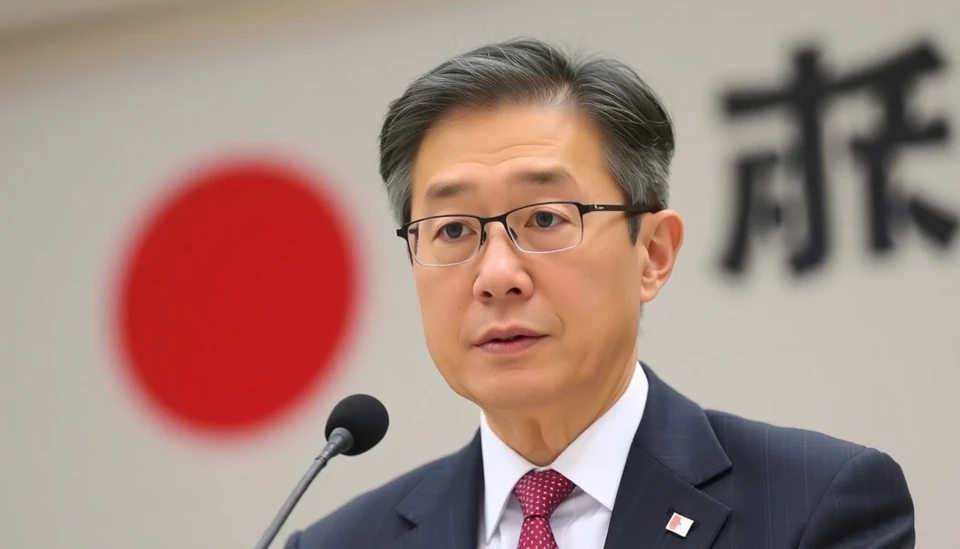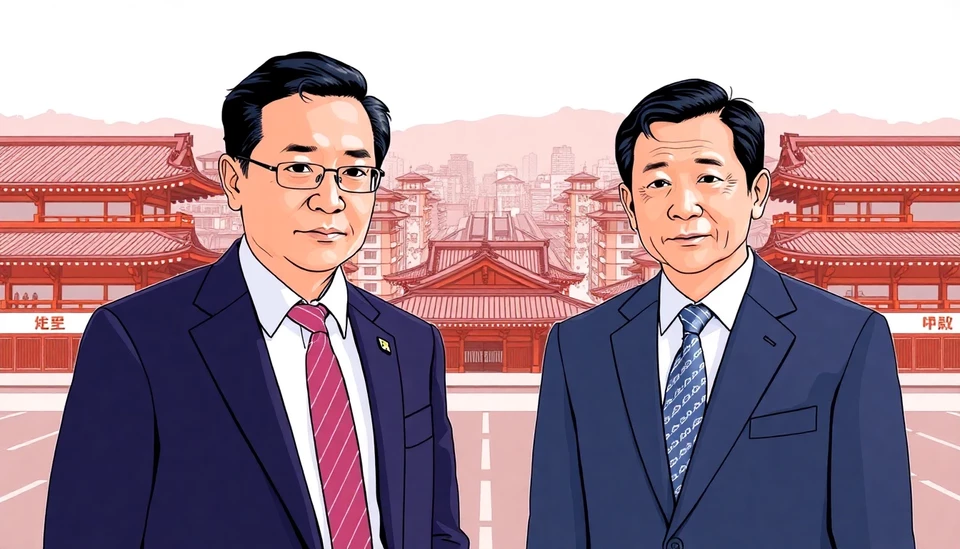
In a significant development from the Bank of Japan (BoJ), Deputy Governor Masayoshi Amamiya indicated that there may be room for further interest rate increases in light of persistently negative real interest rates. During a recent public appearance, Amamiya expressed that while the central bank's current policy aims to support economic recovery, ongoing conditions might call for adjustments to the interest rate framework.
Real interest rates are a crucial factor in economic health, as they represent the nominal interest rate adjusted for inflation. In Japan's case, years of ultra-low rates, paired with a high inflationary environment, have led to negative real rates. Amamiya's comments are especially significant as they bring attention to the potential shift in the BoJ's longstanding accommodative monetary policy, which had been in place for more than a decade to combat deflation and stimulate growth.
The deputy governor pointed out that while the central bank's monetary policy has been key in supporting the economy, a careful evaluation of economic and financial conditions is necessary to achieve sustainable growth. He noted that if inflation continues to exceed the BoJ's target, there may be an argument for adjusting the interest rate policy. This marks a shift from the conventional approach that primarily emphasized low rates to mirror the ongoing economic challenges.
Market observers have been closely monitoring comments from BoJ officials, as they can signal a potential change in the economic landscape. Amamiya's remarks have stirred speculation about how soon the BoJ might act to raise rates, especially considering the Bank's previous stance that emphasized stability over abrupt changes. The BoJ has faced increasing pressure to address rising inflation, which recently reached levels not seen for years. This could indicate a transition period where the BoJ may prioritize controlling inflation over the ultra-loose monetary policies of the past.
Investors and analysts are now assessing the implications of Amamiya's statements, which come amid a backdrop of global economic shifts and changes in central bank policies across major economies. The discussion around the BoJ's interest rates may further influence market dynamics and could lead to a re-evaluation of currency performance, particularly concerning the Japanese yen.
As the story unfolds, stakeholders will be keeping a close watch on subsequent communications from BoJ officials, especially in light of an upcoming policy meeting which may be pivotal in determining the future path of Japan's monetary policy strategy.
In conclusion, Masayoshi Amamiya's comments could signal a turning point for Japan's approach to interest rates, depending on the evolution of economic indicators. The prospect of tackling negative real rates suggests that the BoJ could be gearing up for a new chapter in its monetary policy, potentially boosting investor sentiment and altering market expectations.
<#> #BankofJapan #InterestRates #MonetaryPolicy #Inflation #FinancialMarkets #EconomicGrowth #JapanEconomy #RealInterestRates #CentralBank
Author: Rachel Greene




